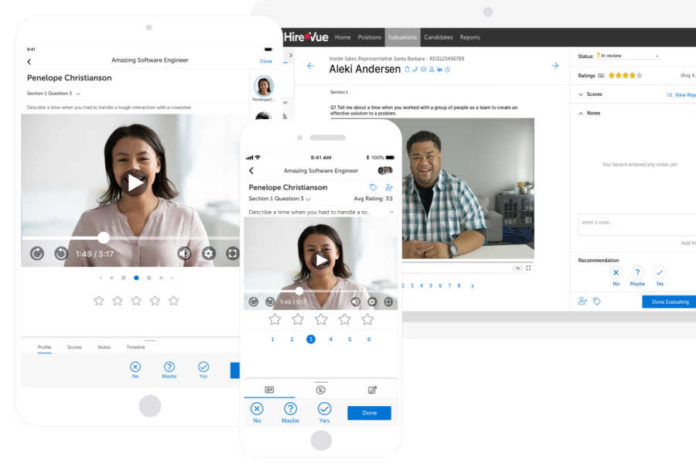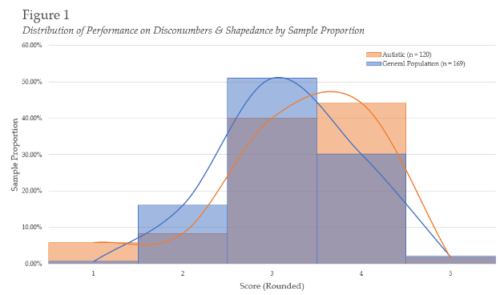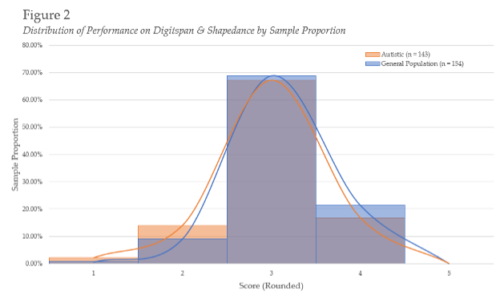
By Dr. Colin Willis
Senior IO Psychologist, HireVue
Thirty five percent of 18-year-olds with autism attend college, but a staggering 85% of college graduates with autism are under-employed or unemployed. In the next decade, over 1 million people with autism in the U.S. will reach adulthood, most of whom will be searching for work.
Hiring processes consistently overlook autistic candidates, favoring neurotypical candidates who are better prepared to navigate the unspoken social rules implicit in the hiring process. The sheer volume of candidates who are overlooked by hiring processes is one reason it’s critical that companies start paying more attention to attracting, hiring and retaining people on the autism spectrum.
The volume of candidates overlooked in hiring is one reason to pay more attention to attracting, hiring and retaining people on the autism spectrum. #HR @HireVue Share on XIn addition to the moral imperative for hiring equity, college-educated autistic candidates are as qualified as their neurotypical peers, and there’s evidence that autistic employees contribute above average attention to detail, dependability and focus to their roles.
My team’s research, “Examining the Use of GBAs for Hiring Autistic Job Seekers,” found that autistic candidates scored functionally the same as neurotypical candidates in game-based hiring assessments.


Why is This Important?
Inclusion starts with hiring. Talent decision makers are the gatekeepers of opportunity and by adopting practices that are grounded in evidence, they have a chance to truly diversify their workforce. This research is all the more significant as we see greater numbers of employers emphasizing skills over resumes by incorporating pre-hire assessments into their hiring. Based on this research, it appears that games are one way to design a process that is more inclusive – particularly for groups like autistic individuals, who are regularly screened out by traditional hiring methods.
For instance, it is well-documented that organizations that do not mention disabilities in their diversity initiatives are less likely to attract disabled talent. Job boards themselves may discourage candidates if their designs are not accessible to people with disabilities.
Why Study Games?
The research team focused on games because game play has been considered in multiple contexts in autism literature. Most frequently, research has focused on games to deliver early treatment or skill development in autistic children or, recently, to deliver their traditional diagnostic assessments earlier. Game-like smartphone applications have also been explored as a method for supporting autistic workers by delivering instructions to them in real time. In short, games appear to be a promising medium for delivering content to autistic individuals in a variety of conditions and applications.
Furthermore, novel assessments can be an opportunity for organizations to signal that they are forward-thinking in their selection process. Game-based assessments not only possess features that make them more engaging and accessible, but can also be taken at any place and at any time since they are delivered by either computer or smartphone. That makes them highly accommodating relative to traditional screening methods, such as interviews.
As the proportion of autistic job seekers grows, the results of this study suggest that measuring cognition via game-based assessments can fairly assess autistic and neurotypical candidates and give organizations a head start when hiring in a neurodiverse world.
Dr. Colin Willis is a senior IO psychologist at HireVue, the global leader in video interviewing, assessments and text-enabled recruiting tools. Learn more about actionable DEI in our complete guide to improving equity in hiring and check out our best practices for hiring neurodiverse talent.
Image: iStock













